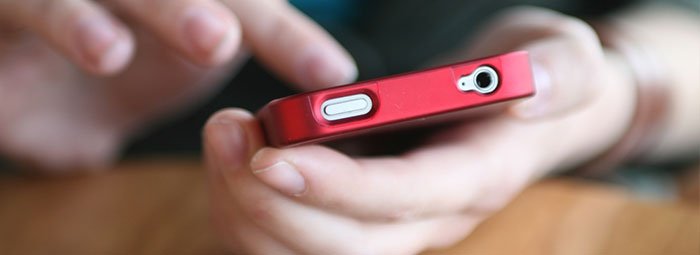It’s why I was interested in Huawei’s Honor Band Z1. It’s a ridiculously barebonessmartwatch that’s small, comfortable, and easy to use. It also performs the most basic tasks that every other Android Wear watch does for a fraction of the price. I know that apps on your wrist are all the rage these days, but that’s just too much commitment for me. So I was curious to see if the Honor Band Z1 could fulfill my desire to wear asmartwatch without dealing with the annoyances of being an Android Wear user.
A barebones smartwatch

FLORENCE ION
I admit that I’ve been particularly choosy about smartwatches this past year, but the Honor Band Z1 is one of the few I’ve actually enjoyed wearing. Its 1.06-inch PMOLED panel is surrounded by brushed stainless steel, and its hypoallergenic polyurethane wristband is comfortable to wear all day. It’s light, too, and unlike the Z1’s larger cousin, the Huawei Watch, its smaller size means it doesn’t overpower your wrist.

FLORENCE ION
In keeping with its minimalist design, there are no buttons on the Z1. To wake it up, you have to quickly double tap, while getting from screen to screen requires simply swiping up and down. The only other interface mechanism is a press-and-hold, which you’ll use to either choose from one of four watch faces, or to start a workout. It’s worth noting that I discovered all of this through trial and error, and even afterwards I had some trouble getting the watch to understand my taps. There’s also a limited Settings menu, though most of what you customize on the Z1 Band is done with the accompanying HuaweiWear app.

FLORENCE ION
The Z1 tells the time, tracks your steps, and counts you how many hours you’ve slept. It can track a workout, too, though you can’t specify the type of exercise. It also pushes through simple notifications, and wakes you up if you’ve set an alarm.
The battery life on the Honor Band Z1 is particularly remarkable, especially compared to what you’d get with an Android Wear device. The watch lasts a little more than four days, or 14 days on standby time. It uses a magnetic charging dock you can easily stow, and it supports fast charging, so the watch is ready to go after an hour and half on the charger.

FLORENCE ION
Overall, the Z1 Band is relatively vanilla in its functionality, and you’ll hardly interact with it throughout the day except to glance at notifications, or the time. I would have liked a few more features tossed in there, like volume and playback controls when you’re listening to music, but I’m hoping that’s something that’ll come through in a future software update.
Its companion app could use a little work
If there’s anything I learned in the last few years of this burgeoning wearables scene, it’s that it’s the companion application that can make or break a smartwatch or fitness band.

The Honor Band Z1’s companion app is Huawei Wear, which you can also use with theHuawei Watch. The interface for it is pretty simple to use: there are two main screens, including one for how much sleep you’re getting and another for your fitness. The fitness tab bundles in how much you’ve worked out during the day, how far you’ve walked, and how many calories you’ve burned.
There’s also a pullout menu you can access by swiping from either direction that offers customization options for the band. For instance, you can set a reminder to buzz you when you’ve been sitting for too long, or select which apps can push through notifications. You can also set a Do Not Disturb mode so that the watch doesn’t bug you during important times of the day, though once it detects that you’re asleep it won’t buzz at all until it’s sure that you’re awake.

If your main goal is fitness or weight loss, the Huawei Wear app is seriously disappointing. First off, it’s slow, and I’ve never seen a hamburger menu this jittery since the Froyo days. Second, the data that you accumulate can only be shared with Jawbone UP or MyFitnessPal, and even then the app blanked on me during testing, so I don’t know how it actually works. I expected more from an app that’s developed by a company as massive as Huawei.
A simple digital accessory for your wrist

FLORENCE ION
The Honor Band Z1 is not a revolutionary new gadget from Huawei, nor is it meant to go up against the dozens of fitness trackers already on the market (at least, I certainly hope not). It’s simply a digital watch that tells the time, figures out if you’ve slept well enough through the night, and allows you track how much you’re walking each day. It’s also a stylish little accessory for receiving notifications, though you’ll still have to grab yourphone out of your purse or pocket to get a better gauge of what’s going on.
This is an $80 smartwatch, so I wasn’t exactly expecting it to power the International Space Station. But I think its companion application needs a bit of refinement before anyone can justify spending that kind of money on a watch that does so little. If you’re particularly concerned with fitness and weight loss, there are plenty of other health trackers out there that can get the job done, including the slightly pricier FitBit Flex. It’s about $20 more and it doesn’t tell the time or push through notifications, but it can actually help you achieve your personal goals.
For comprehensive coverage of the Android ecosystem, visit Greenbot.com.



